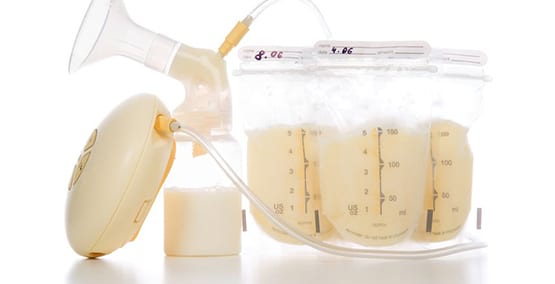
Breastfeeding tips for success
Many new mothers are intimidated by breastfeeding. Around 60 – 70% of new mothers have concerns that they aren't "doing it right." Although breastfeeding is natural and nurturing for you and the baby, it is a skill that takes some knowledge and practice to feel totally comfortable.
Getting Started
Frequent nursing in the early days after giving birth is an essential first step. Nothing will stimulate the hormones and secrete as much milk as simply having the baby suck at your breast. Maintain availability to your infant and let the nurses know your desire to have the baby with you while you are in the hospital. Continue that same pattern once you are at home, preferably with "on demand" feedings. Simply, feed the baby when he or she is hungry and demands it. That's usually every 2-3 hours in those first days, though it can be more often.
Make Yourself a Priority
It is important to take care of yourself emotionally and physically. Drink plenty of liquids, stay on a healthy diet, and continue to take your prenatal vitamins (as recommended by your doctor). If your intake of fish is minimal, take a docosahexaenoic acid (DHA) supplement to improve your baby's brain growth. Remember too, rest and relaxation will help you have a better letdown reflex, which will help the milk flow more easily to your baby.
Supplement When Needed
If your body is slow establishing feedings, supplementing with an infant formula is fine. That decision should be made together with your primary care provider, based in part on your infant's weight gain and hydration. When that extra formula is needed, it should follow breastfeeding, if the infant is still hungry.
If a low milk supply continues, your physician may recommend drinking beer (an old remedy) or herbal tea. Occasionally, medicines can be prescribed temporarily to stimulate milk flow, though there is still a debate about how effective they are.





